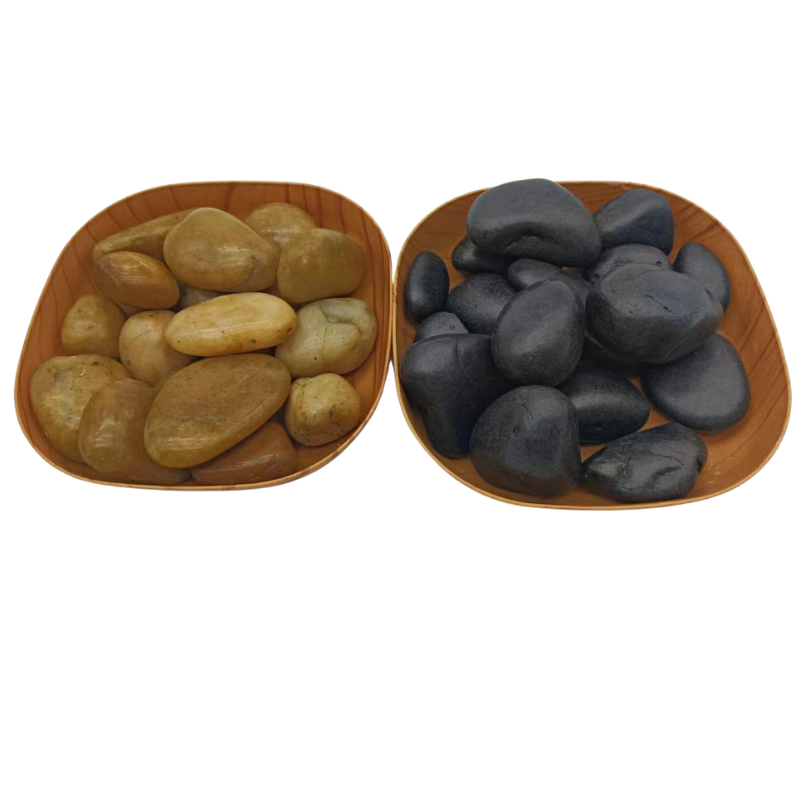
Top Manufacturers of Expanded Clay Pebbles for Gardening and Hydroponics Solutions
Understanding Expanded Clay Pebbles Manufacturers and Their Role in the Market
Expanded clay pebbles, also known as lightweight expanded clay aggregate (LECA), have gained substantial popularity in various industries, particularly in horticulture, construction, and landscaping. This article delves into the characteristics, applications, and significance of expanded clay pebbles and the essential role that manufacturers play in this evolving market.
What Are Expanded Clay Pebbles?
Expanded clay pebbles are small, lightweight balls made from naturally occurring clay that has been heated to high temperatures in a rotary kiln. This heating process causes the clay to expand and form a porous structure, resulting in lightweight and durable pebbles that possess excellent drainage properties. The unique structure of these pebbles provides a combination of aeration, moisture retention, and insulation, making them ideal for a wide range of applications.
Key Characteristics
1. Lightweight One of the most notable features of expanded clay pebbles is their lightweight nature, which makes them easy to handle and transport. 2. Porous The porous structure allows for excellent drainage and air circulation, essential for healthy root development in plants. 3. pH Neutral Expanded clay pebbles are pH neutral, making them suitable for a variety of plants without altering the soil chemistry. 4. Reusable These pebbles can be reused over multiple growing cycles after proper cleaning, making them an eco-friendly choice for gardeners and landscapers. 5. Insulation They provide thermal insulation, helping to moderate temperature fluctuations in the root zone of plants.
Applications in Various Industries
Horticulture and Gardening Expanded clay pebbles are commonly used in hydroponics and aquaponics systems due to their excellent aeration and drainage capabilities. They serve as a growing medium, allowing plants to thrive in a soilless environment. Additionally, they are often used in bottom layers of potting mixes to enhance drainage.
Construction In construction, expanded clay pebbles are utilized as lightweight aggregate in concrete, insulation, and soundproofing materials. Their lightweight nature contributes to reducing the overall weight of building structures, making them an attractive option for developers focused on sustainability.
expanded clay pebbles manufacturers

Landscaping Landscape architects and designers use expanded clay pebbles for decorative purposes, as they come in various colors and sizes
. They are often employed in garden beds, pathways, and as a control measure for weeds.The Role of Manufacturers
Manufacturers of expanded clay pebbles are crucial to ensuring an adequate supply of high-quality materials to meet the growing demand across various sectors. The manufacturing process involves sourcing natural clay, subjecting it to high-temperature treatment, and then cooling it down to achieve the desired characteristics.
Innovation and Technology Leading manufacturers invest in research and development to improve the efficiency of the production process and enhance product characteristics. Innovations in production technology have enabled manufacturers to create expanded clay pebbles with uniform size and quality, catering to specific industrial needs.
Quality Assurance Ensuring consistent quality is another key responsibility of manufacturers. By adhering to strict quality control measures, manufacturers guarantee that their products meet industry standards, ultimately benefiting end users.
Customer Support and Services Many manufacturers not only supply expanded clay pebbles but also offer expert advice on their application. This support is vital for industries like horticulture, where the choice of medium significantly impacts plant growth.
Conclusion
Expanded clay pebbles are versatile materials with applications in various industries, primarily owing to their unique properties. As the demand for sustainable solutions continues to rise, the role of expanded clay pebbles manufacturers becomes increasingly vital. They not only produce quality materials but also foster innovation and provide essential support to end users. By understanding the importance of these manufacturers, businesses and consumers can make informed decisions that lead to successful outcomes in their respective fields.
Share
-
Premium Pigment Supplier Custom Solutions & Bulk OrdersNewsMay.30,2025
-
Top China Slag Fly Ash Manufacturer OEM Factory SolutionsNewsMay.30,2025
-
Natural Lava Rock & Pumice for Landscaping Durable Volcanic SolutionsNewsMay.30,2025
-
Custom Micro Silica Fume Powder Manufacturers High-Purity SolutionsNewsMay.29,2025
-
Custom Mica Powder Pigment Manufacturers Vibrant Colors & Bulk OrdersNewsMay.29,2025
-
Custom Micro Silica Fume Powder Manufacturers Premium QualityNewsMay.29,2025






